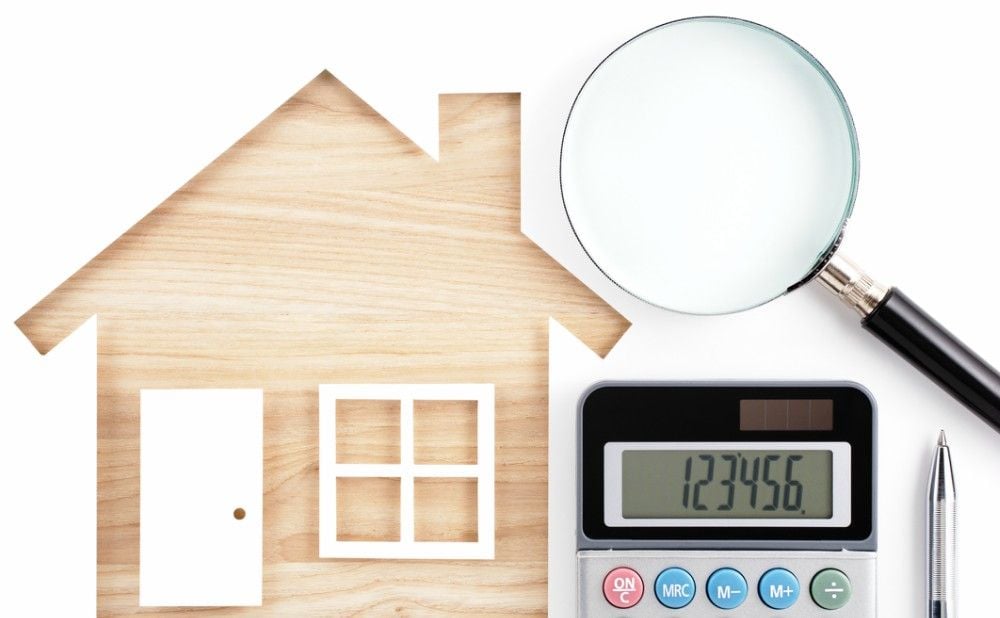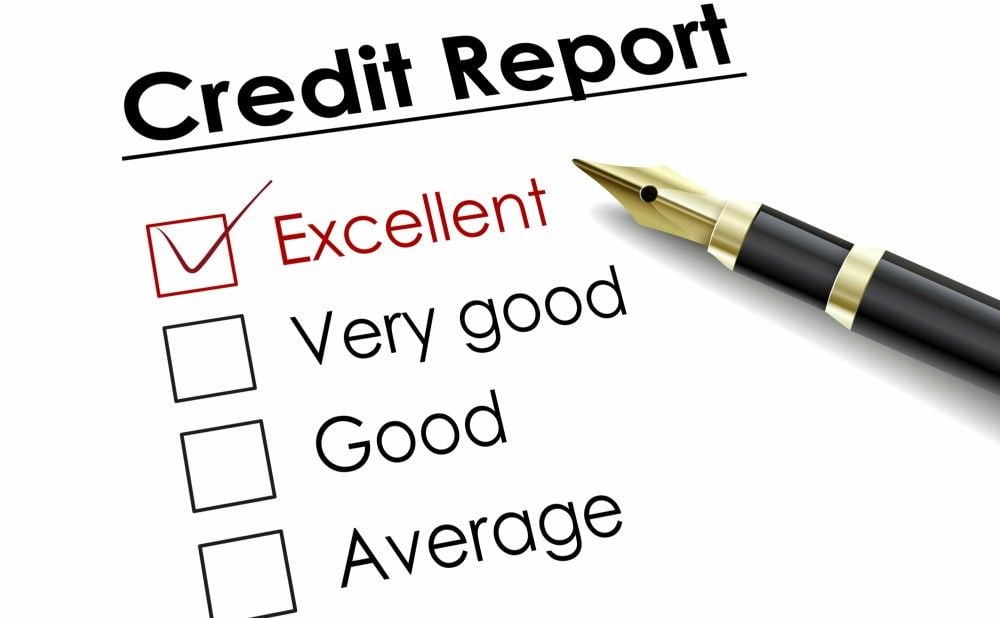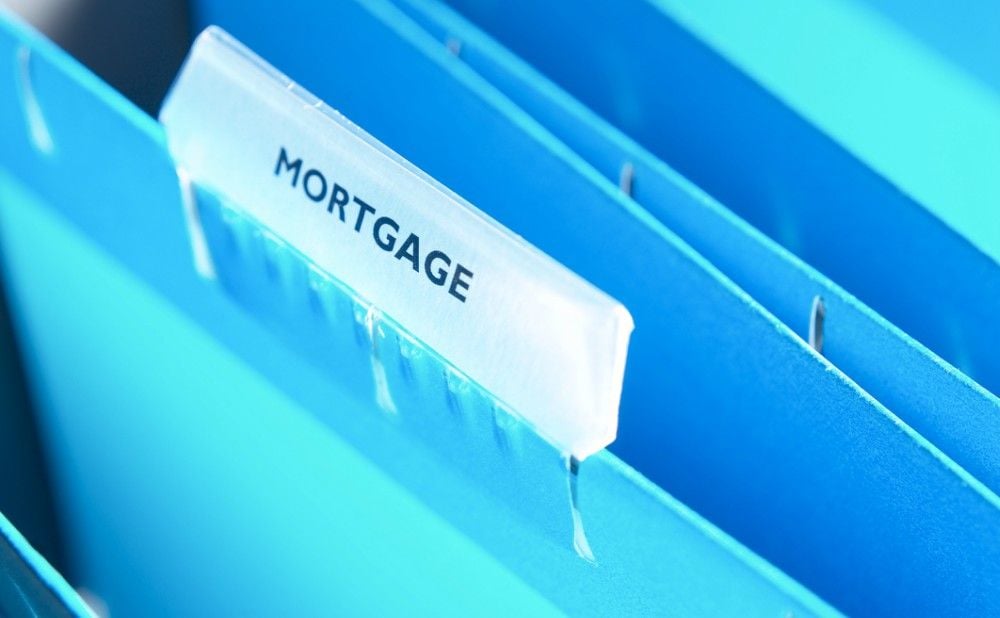
If you are looking to invest in a Philadelphia rental property, being prepared beforehand is the best way to go.
This is especially true when it comes to the financial side of purchasing a rental property.
It is easy to be misled by the initial sales price of a rental property, and even more so if you are new to investing in real estate.
However, there are costly fees tacked onto the purchase price of any property you buy that need factoring into your overall budget.
This way you don’t accidentally overextend yourself before even getting started.
That’s why today we are going to break down the miscellaneous fees you can expect to see throughout the purchasing process of your Philadelphia rental property, so that you don’t go over budget, don’t have to dip into your personal savings, or don’t have to take from the rental property emergency fund you spent so long building up.
The Hidden Costs of Investing in Philadelphia Rental Property
1. Earnest Money
Though not technically considered a “fee,” earnest money is definitely something you will need to pay upfront after showing interest in property that’s available for purchase.
Typically 1% of the property’s purchase price, earnest money is paid as a way of proving you are genuinely interested in buying a property.
It serves to protect the seller, who will then pull their property off the market in hopes you will actually buy.
Keep in mind this is not a down payment, should you decide to purchase the property.
However, this money can be applied to your down payment total when the time comes, because it will be credited back to you during closing.
2. Loan Origination Fee

This is usually the biggest fee you will have to pay when it comes to finalizing your mortgage.
It is used to assist your lender in generating, or “originating,” your mortgage.
In short, your mortgage lender requires this money in exchange for preparing your mortgage for closing.
3. Application Fee
Sometimes your mortgage company will charge you to prepare and process your loan application.
This is money due to them for investing time and effort into your loan application process.
4. Credit Reporting Fee

Just like you are sometimes required to pay for a loan application fee, you may find that your mortgage company requires you to pay for the credit report that is run on you during the loan application and approval process.
Whenever you are considered for a mortgage loan, your credit worthiness is checked – often by a third-party service – to determine whether you are a good candidate for a loan.
The processing fee associated with this credit check is passed from the third-party service to the mortgage company, and lastly, to you.
5. Property Appraisal
When you apply for a loan from a mortgage company to cover the cost of a rental property purchase, the mortgage company wants to make sure they are lending you money on a property that is actually worth the amount of the loan they are considering approving you for.
This is why your mortgage company will request a property appraisal.
This appraisal will help determine the fair market value of the property you are interested in so that the mortgage company can decide if they want to move forward with lending you money.
6. Home Inspection

Though not always required, a home inspection protects you from purchasing a property riddled with problems.
A professional inspection of the property you are interested in reveals any underlying issues that even the seller may not be aware of.
This way, you can have all inspection issues handled before you commit to purchasing the property.
Keep in mind that a general home inspection will not cover all aspects of the property.
In fact, here is a list of common things in the property that will require a specialized inspection:
- HVAC system
- Mold
- Foundation
- Well Water
- Septic System
- Radon
- Structural
- Termite
If you want any of those things cleared before purchasing the property, you will need to hire a separate inspector.
7. Property Surveyor
The rental you are looking to buy will most likely need to be professionally surveyed to verify the physical specifications of the property.
This of course, comes at a price you have to pay.
If, by chance, a previous survey was done on the property, and nothing has changed since that survey was officially documented, you may be able to forfeit surveying the property again, which will save you some money.
8. Private Mortgage Insurance (PMI)

This fee is reserved for people who pay less than 20% down on the property they are buying.
It protects the interests of the mortgage company, since they are lending you a large amount of money to cover the cost of the property.
You will pay a monthly PMI fee until your loan reaches 80% of the home’s fair value market.
This is in addition to the mortgage you will have to pay each month.
9. Title Fees
Many fees tie into what is commonly labeled as the “Title Fees:”
- Title Insurance. A title insurance policy insures the property against any liens or defects in the title of the property, and includes any administrative and documentation fees.
- Title Search. A title search will reveal previous title holdings of a property.
- Recording Fees. Any fees associated with recording the deed and other related documents with the County Recorder’s Office pass on to you.
- Title Policies. Both the owner and mortgage title policies will be your responsibility (unless the sales contract deems otherwise), and are typically a percentage of the total sale price of the property.
- Flood Certificate. If your property is located in an area that experiences heavy flooding, you will need a Flood Certificate designating the property as being located in a flood zone. This will also prompt you to purchase the required flood insurance.
- Tax Certificates. These show previous property tax payments and any owed taxes. All taxes from the closing date through the end of the year are your responsibility. These taxes can be integrated into your monthly mortgage bill.
- Documentation Fees. You pay any fees related to the Deed, Deed of Trust, and Notice of Purchaser.
As you can see, there are many fees incorporated into what are commonly referred to as “title fees.”
10. Home Warranty
You may want to consider investing in some home warranty coverage if the property you are looking to invest in is no longer covered under the original manufacturer’s warranties.
This will cover things like kitchen appliances, ceiling and exhaust fans, plumbing issues, the furnace, and even electrical problems.
This is typically paid for annually, and only adds to all the other fees you have to pay during the purchasing process.
Altogether, purchasing rental property in Philadelphia, or anywhere for that matter, is bound to cost much more than you might initially expect, thanks to these hidden property fees.
And while the fees are not hidden on purpose, for those that are inexperienced with the purchasing process, these added costs can come as quite a surprise and significantly impact your initial budget.
If you are new to the rental property industry, and are looking to invest in some rental property, consider enlisting the help of Philadelphia’s best property management company, Bay Management Group.
We have extensive knowledge of the region and can help guide you when it comes to choosing a locale for your rental property. We know how much rentals are going for, what you can expect your monthly rent rate to be, and can even help you with managing your property after purchasing it.
So, contact us today and see how we can help you with your Philadelphia rental property investments. This way, you can use our knowledge of the area to better budget for your investment and ensure there are no hidden surprises come closing time.
